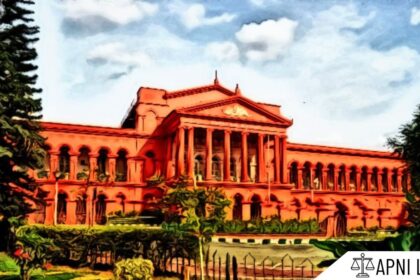The Enforcement Directorate (ED) has presented arguments in opposition to Chief Minister Arvind Kejriwal’s plea. The ED argues against Arvind, challenging his arrest in an alleged liquor policy case. This emphasizes that the discovery of proceeds of crime is immaterial when establishing involvement in money laundering. The ED’s stance was articulated before the Delhi High Court during the hearing.
Additional Solicitor General SV Raju, represented the central probe agency. He asserted that if a case of money laundering is established against the accused, arrest is warranted. Raju highlighted that criminals, regardless of their status, are subject to arrest and imprisonment.
Raju elaborated on the case, citing examples and analogies to underscore the gravity of the accusations against Kejriwal. He emphasized that the absence of direct evidence does not negate criminal involvement. This is drawing parallels with murder cases where convictions are secured despite the absence of a body. Raju dismissed arguments questioning the timing of Kejriwal’s arrest before elections, asserting that such contentions are diversionary tactics.
The ASG refuted claims that the ED’s actions were politically motivated, emphasizing the agency’s consistent efforts over the years. He highlighted challenges faced by the ED, including destruction of digital evidence, and underscored the meticulous investigation despite hurdles.
The arguments put forth by the ED underscore the gravity of the allegations. It is against Kejriwal and the legal complexities surrounding the case.










